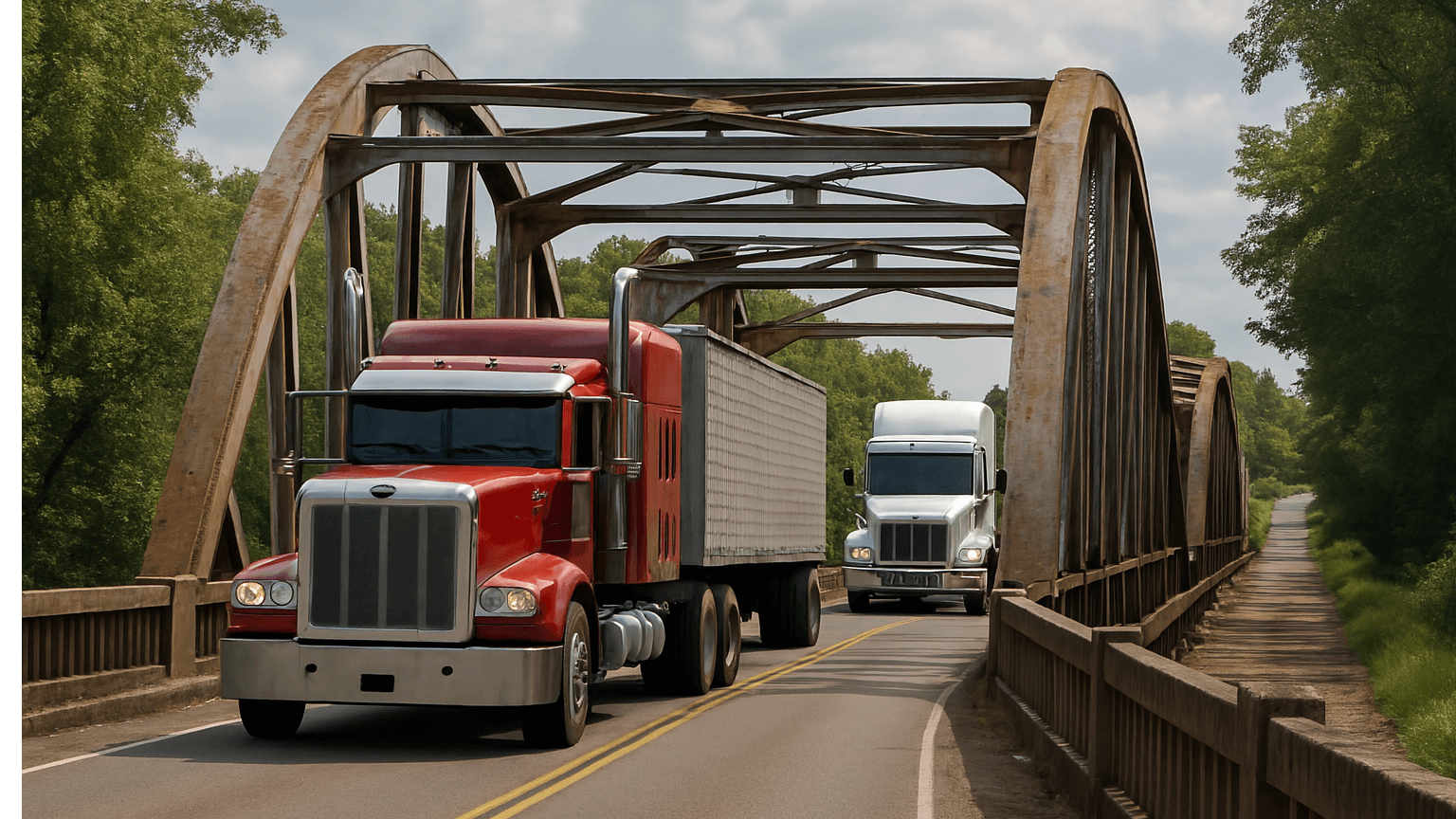
The High Cost of Heavier Trucks: Infrastructure at Risk
The ongoing discussions regarding increasing truck weight limits from 80,000 to 91,000 pounds have raised significant concerns, particularly in light of recent findings about America's infrastructure. The nation's report card reveals that nearly half of the country's 620,000 bridges are only in fair condition, necessitating an estimated $373 billion in funding over the next decade just to bring them to good repair.
In 'Group says truck weight limit increase could cost billions in infrastructure spending,' the discussion dives into the ramifications of heavier trucks on U.S. infrastructure, prompting deeper analysis on our end.
Emily DeLuca, representing the Coalition Against Bigger Trucks (CABT), emphasizes that allowing heavier trucks could lead to severe repercussions for states like Arkansas. With over 12,000 bridges statewide, she cites studies indicating that raising the weight limit could necessitate costly maintenance or replacements of more than 20 bridges, potentially costing the state over $2 billion.
Statistical Insights: The Increase in Road Safety Risks
The news does not only paint a picture of financial strain; it also raises alarming safety concerns. From 2012 to 2022, Arkansas saw a 19.8% rise in crash fatalities, a trend that CABT attributes to increased truck traffic. DeLuca argues that with rising accident rates and prices, now is not the right time to introduce heavier vehicles onto the roadways.
The Balancing Act: Improving Efficiency vs. Safety
On the other hand, organizations such as the Arkansas Trucking Association underscore a need for balance. Shannon Newton notes that discussions around truck size and weight must consider both safety and the efficiency of transporting goods. Yet, any changes come with demands for improved infrastructure and safety assurances.
Conclusion: The Path Forward is Uncertain
As Congress prepares to engage on this critical subject, it's clear the conversation surrounding truck weight limits will continue. Without careful consideration of the potential impact on existing infrastructure and public safety, any changes may prove to be reckless. The CABT is scheduled to advocate for these concerns on Capitol Hill, urging lawmakers to prioritize infrastructure integrity and road safety.
 Add Row
Add Row  Add
Add 



Write A Comment